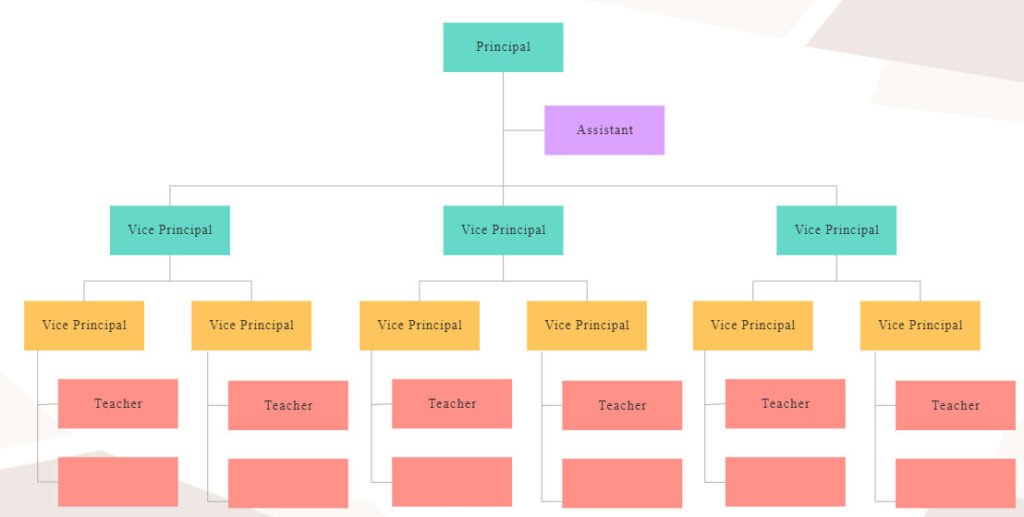Functional Organisation
The principle of Functional Organisation was developed by F.W. Taylor. He emphasised that under this system one person should be allotted only one job in which he is specialised. This organisation structure is built on the principle that no person can be specialised in all the fields. Thus, each person should be given one job in which he specialises. For this purpose, each activity is divided into sub-processes.
In each sub-process, a supervisor is appointed for direction and information. The supervisor has all the rights relating to that sub-process, e.g., a product specialist is concerned only with the investigation of type g and quality of the product and nothing else. On the basis of specialisation in management, Taylor has suggested eight specialists who give and take directions for fulfilling a particular objective. Four of them are for office work and the remaining four are for factory supervision. The office specialists perform the act of planning and the factory specialists direct and supervise the process of production.
Merits of Functional Organisation
-
Increase in Efficiency
Each person employed under a functional organisation is a specialist in his job, which increases the efficiency of the organisation as a whole.
-
Advantage of Specialisation
The trained personnel always perform their task in a phased manner with the necessary caution and within a specific time period. The quality of their work is also equally good.
-
Research
When each specialist is given the related 10b, he gets more opportunities for research and development of new techniques related to his job.
-
Ease in Decision Making
Since each specialist is given the right to taking decisions relating to his job without the permission of his superior, the process of decision-making becomes easier. Moreover, there is unanimity in decisions.
-
Separation of Mental and Manual Jobs
The jobs, under this system, are divided on the basis of mental and manual: work, which enables handling of manual jobs by the untrained staff and mental jobs can be given to the trained and able employees.
Demerits of Functional Organisation
-
Difficulty in coordination
Establishing coordination in the work of different specialists is very difficult.
-
Uneconomical
The appointment of several specialised employees and divisions makes this system uneconomical for most organisations.
-
Lack of Discipline
in this kind of organisation, a lack of discipline is found. When all the rights and powers regarding each job are given to one person, it becomes, challenging for the higher subordinates to maintain discipline and control, in the organisation.
-
Race for Power
Officials under this system are always racing for more power, which negatively affects the employees.
-
Lack of Responsibility
Since each process is divided and distributed among various employees the workers become irresponsible.

